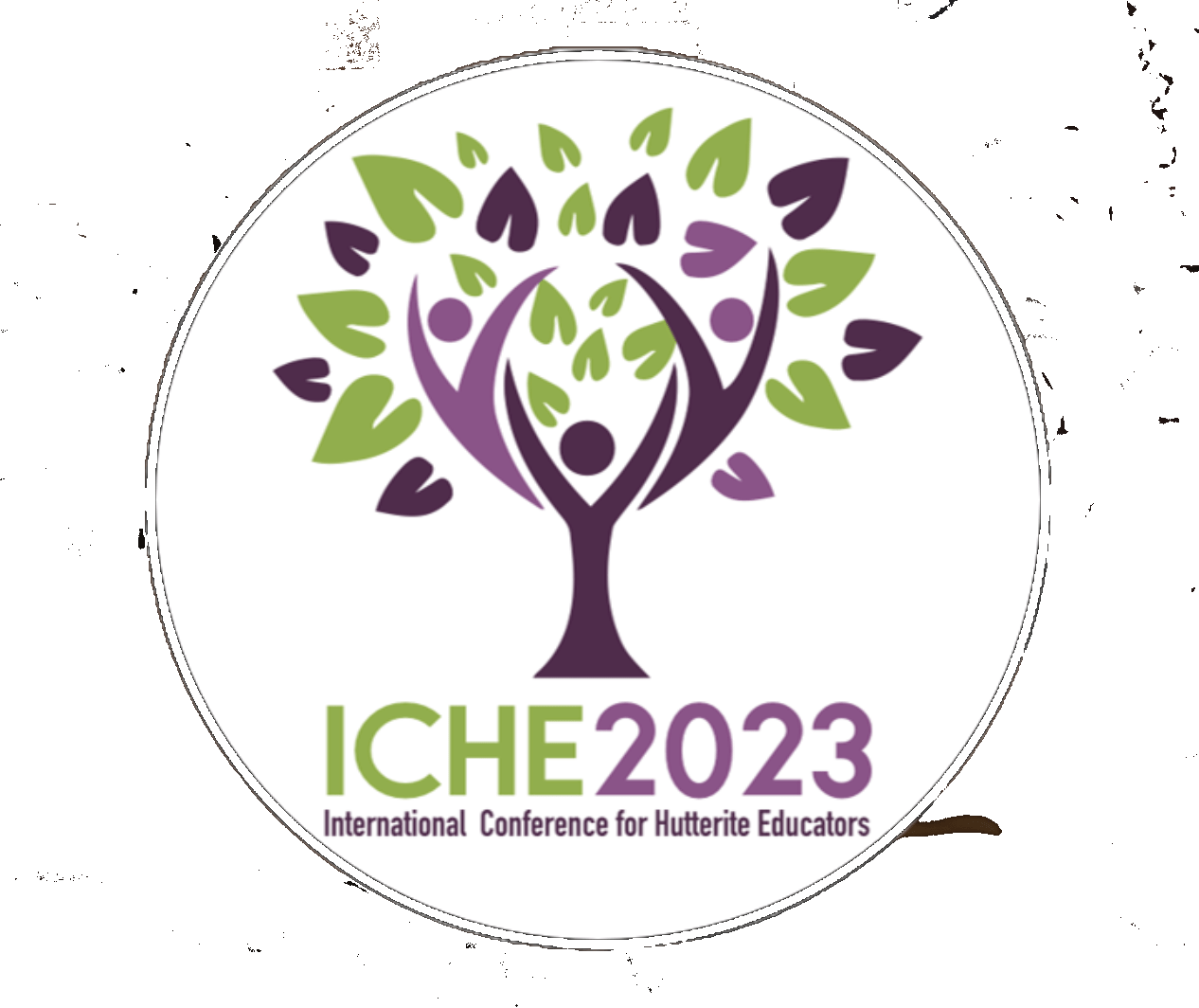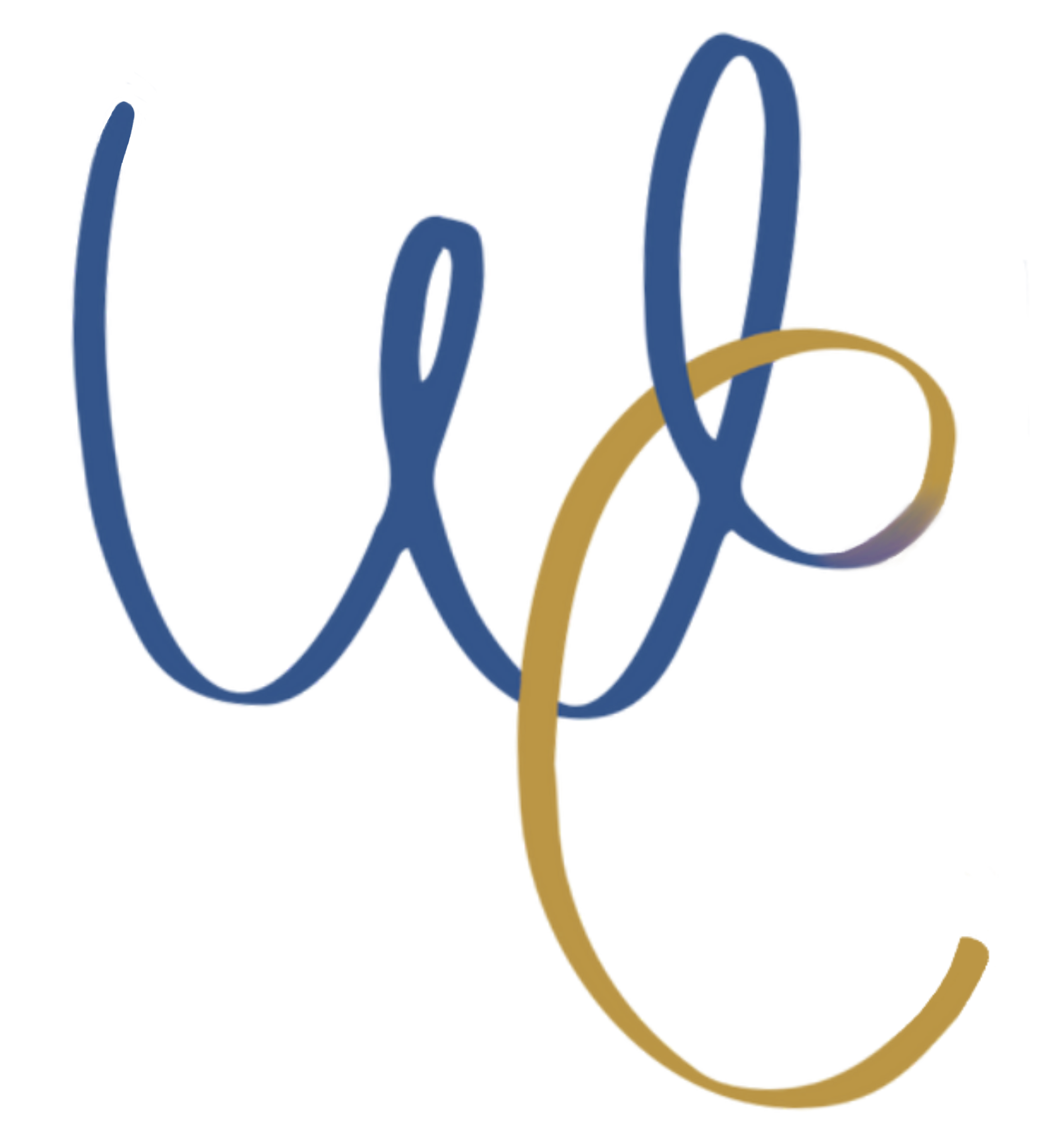
Carolyn Klassen
The therapist who has heard what no one else gets to hear
“Carolyn guided us as we acknowledged the challenges to our resiliency together, digging deep together to find the strength, courage and strategies to get through this season. Thank-you Carolyn the passion, wisdom and care you bring to the table.”
Louise Giesbrecht
Enhanced English Skills for Employment
“Carolyn is exceptional at what she does! Not everyone would be able to put on a virtual workshop for over 100 public service employees on mental health and have them walk away feeling inspired and connected. I really enjoyed organizing this session with Carolyn. ”
Joanna Fensome
Emploi et Développement Social Canada
“Carolyn was very flexible in her approach, was able to personalize the meeting materials to suit our group’s particular needs and was highly responsive to any questions we had throughout the process from planning to delivery. Her session with our organization was so well received that several of our directorates are exploring additional sessions.”
Melissa Ashman
Transport Canada
from Rick’s email: “My gratitude for your work with us today. You are good. You were calm, so respectful, almost reverent, and you also invited us to push in. Very grateful.”
Rick Cober-Bauman
MCC Canada

Carolyn Klassen
The therapist who has heard
what no one else gets to hear
“Carolyn guided us as we acknowledged the challenges to our resiliency together, digging deep together to find the strength, courage and strategies to get through this season. Thank-you Carolyn the passion, wisdom and care you bring to the table.”
Louise Giesbrecht
Enhanced English Skills for Employment
“Carolyn is exceptional at what she does! Not everyone would be able to put on a virtual workshop for over 100 public service employees on mental health and have them walk away feeling inspired and connected. I really enjoyed organizing this session with Carolyn. ”
Joanna Fensome
Emploi et Développement Social Canada

Keynote sessions
Carolyn’s easygoing compassionate storytelling and teaching leaves listeners inspired and feeling a load has been lifted.
We are wired for connection—it’s why we are here. Yet, in the rush of productivity, relationships can take a back seat. Understanding our inherent desire for connection with others and with ourselves allows us to resource ourselves during times of pain and discomfort. Listeners will leave with 3 concrete strategies of connection to enhance resilience during times of adversity.
This world is worn out: Inflation, increased divisiveness, global conflict, past years of masking and social isolation, and specific industry challenges. Everyone is struggling and losing capacity to be caring and connected to the people around them. This impacts the workplace, our personal lives and ourselves.
With stories, science, and sensitivity, Carolyn holds space for how hard it has been and how we can recognize our internal reactions to the world in ways that allow us to connect more courageously in our lives
The restrictions are over, but we are worn out. We haven’t bounced back. We are in a unique time of an increased rate of change in our world after 3 years of cumulative stress that demanded more of us than was realistic. The toll on our souls has often been overlooked as stressors have shifted. We may appear “back to normal” without masks and social distancing mandates. However, this change means we do not understand how the new normal works. Loneliness is at an all-time high as we hide our distress from others. Processing emotions carefully and thoughfully is a way that we can decrease our own distress. Courageous and compassionate connection with ourselves and others is the meaningful path to navigate these challenges.
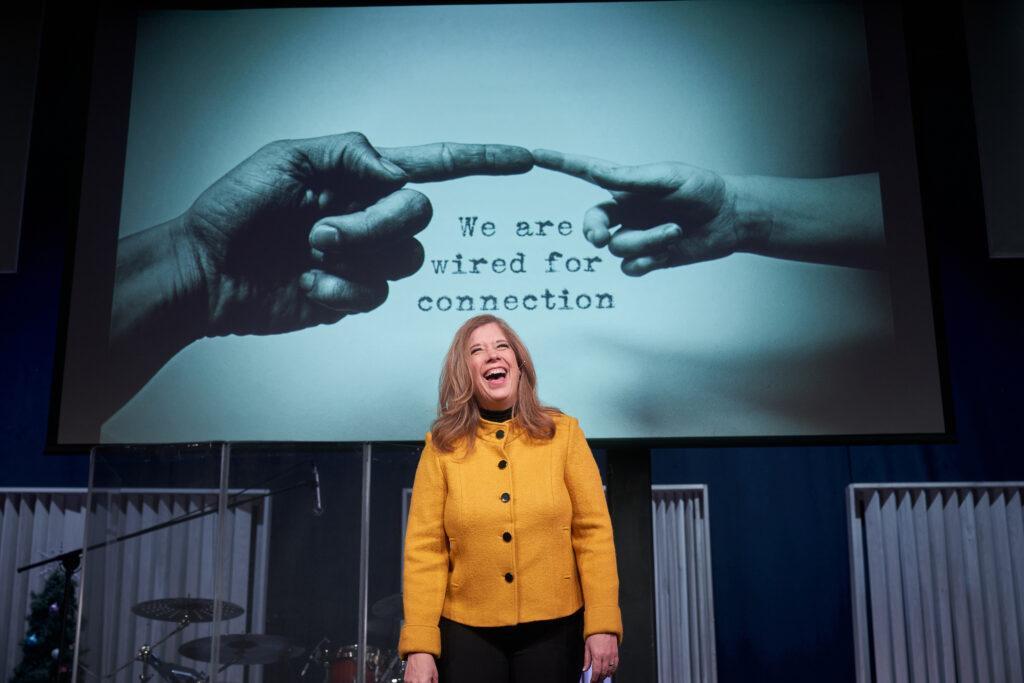
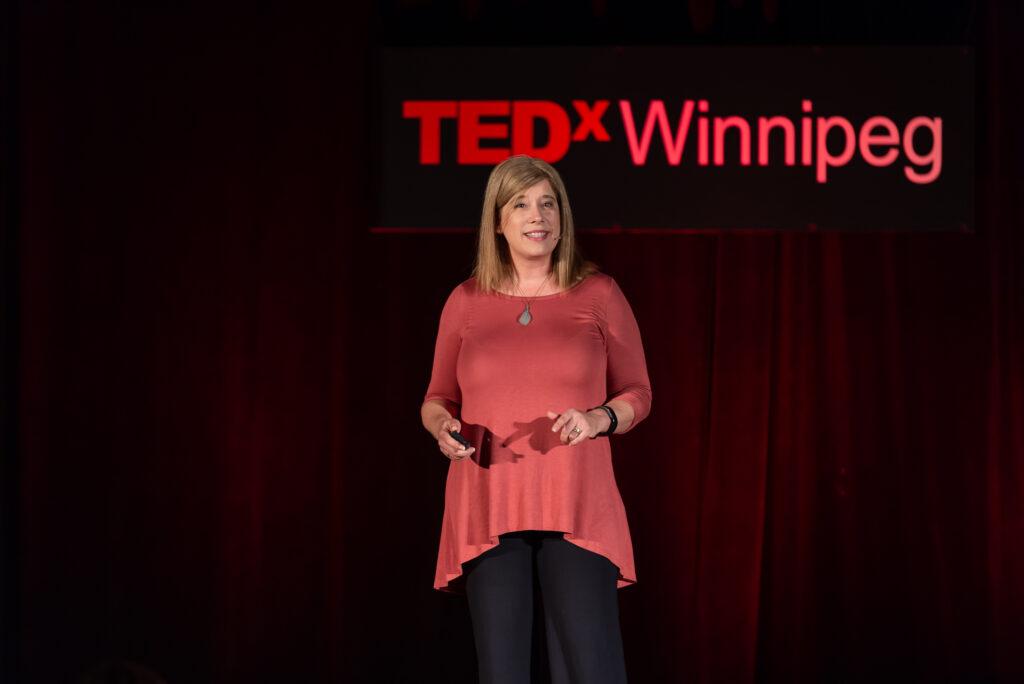
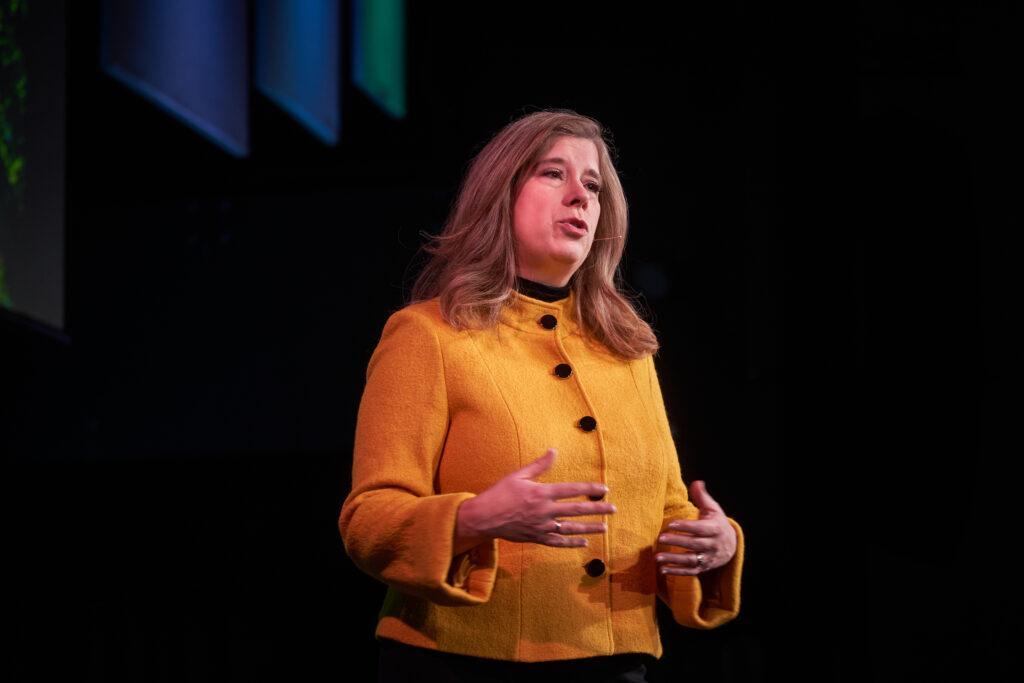
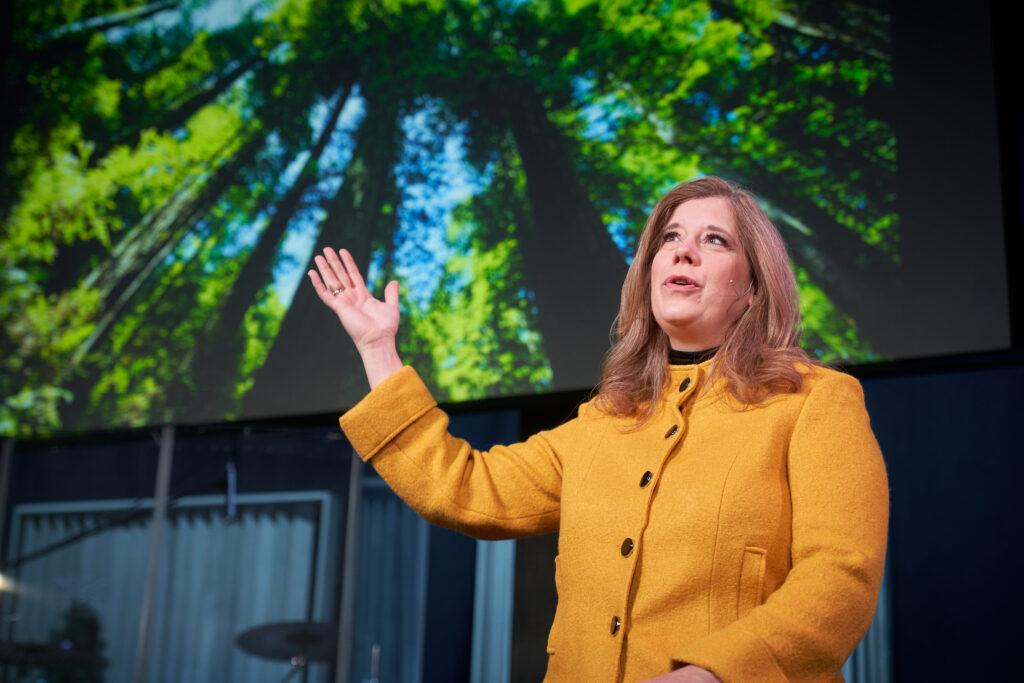
Featured In:






Education Sessions
A smaller, more intimate workshop settling allows for more interaction with each other and the material. Carolyn combines teaching, stories, practical exercises and small group discussion to create engaged learning.
Being Wronged Hurts and the Pain of it can get us stuck: Forgiveness as a way of reconnecting with self and others.
We live in a world of systems and families that are created and sustained by humans—all of whom mess up. Mistakes are made, people are careless and thoughtless, and sometimes just mean and nasty. Errors and painful interactions can have painful real world consequences, and create emotional pain. It hurts to see someone you love be hurt, or to yourself experience wounding at the hands of another in some way. If we cannot transform this pain of being wronged, we are doomed to transmit it. Forgiveness is an inherently selfish act meant to free the forgiver from the intensity of the pain. Drawing from Bishop Desmond and Mpho Tutu’s 4 step process for forgiveness, this workshop will allow participants to hold space for their pain, and explain what forgiveness is (and even more importantly, what it is not), to facilitate the beginning steps to moving forward on a path towards forgiveness.
Before the pandemic, 37% of citizens in my hometown were lonely. When living and working in challenging environments, and busy in our world that is increasingly isolated, people find themselves lonely in a world that doesn’t always allow people to acknowledge the struggle and, well, the loneliness of being lonely. Sometimes, very busy people who are around others all the time find themselves feeling lonely. The pandemic added complexity to this with social distancing—but the problem isn’t new. This workshop will create space for people to acknowledge and honour their own loneliness, and explain some factors that create and increase loneliness as well as explore some first steps towards a life that is less lonely.
Brené Brown’s TED talk about shame and vulnerability went viral over a decade ago and continues to be referenced frequently. She gave us permission and language to talk about the universal experience of shame, the inevitability of vulnerability and yet our desire to avoid both at all costs—and often that cost is high. Understanding the impact of the myths of vulnerability and the four self conscious affects can literally transform the way we interact with ourselves and the world.
Previous Keynotes & Education Sessions

Living Resiliently in a Challenging and Changing World
Keynote

Living Resiliently in a Challenging and Changing World
Keynote

TNSE Courage Summit
Keynote

Exploring Uncertainty, Change and Vulnerability
Workshop

Self Compassion, Trust, Vulnerability, Shame, and Wholehearted Living with Anxiety
Workshop
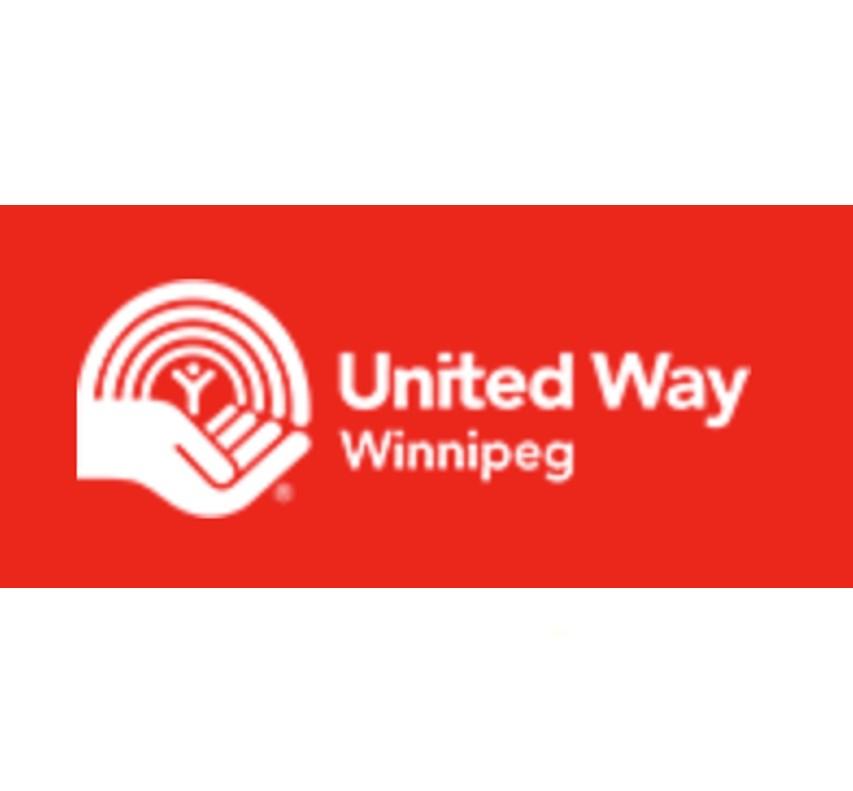
Gritty Grace in a Burned Out World
Keynote

Gritty Grace in a Burned Out World
keynote

Gritty Grace in a Burned Out World and "You mean I'm not the only one--Grieving and honour our experience together
keynote and workshop
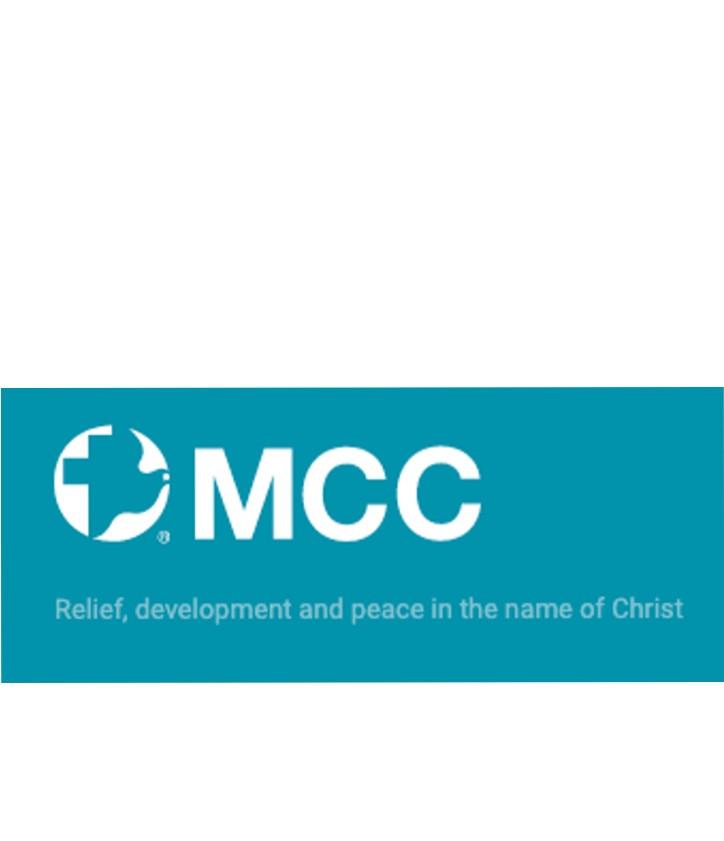
Binational Executive Directors Retreat Day: Building Trust
Retreat Day
